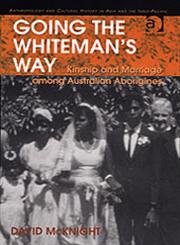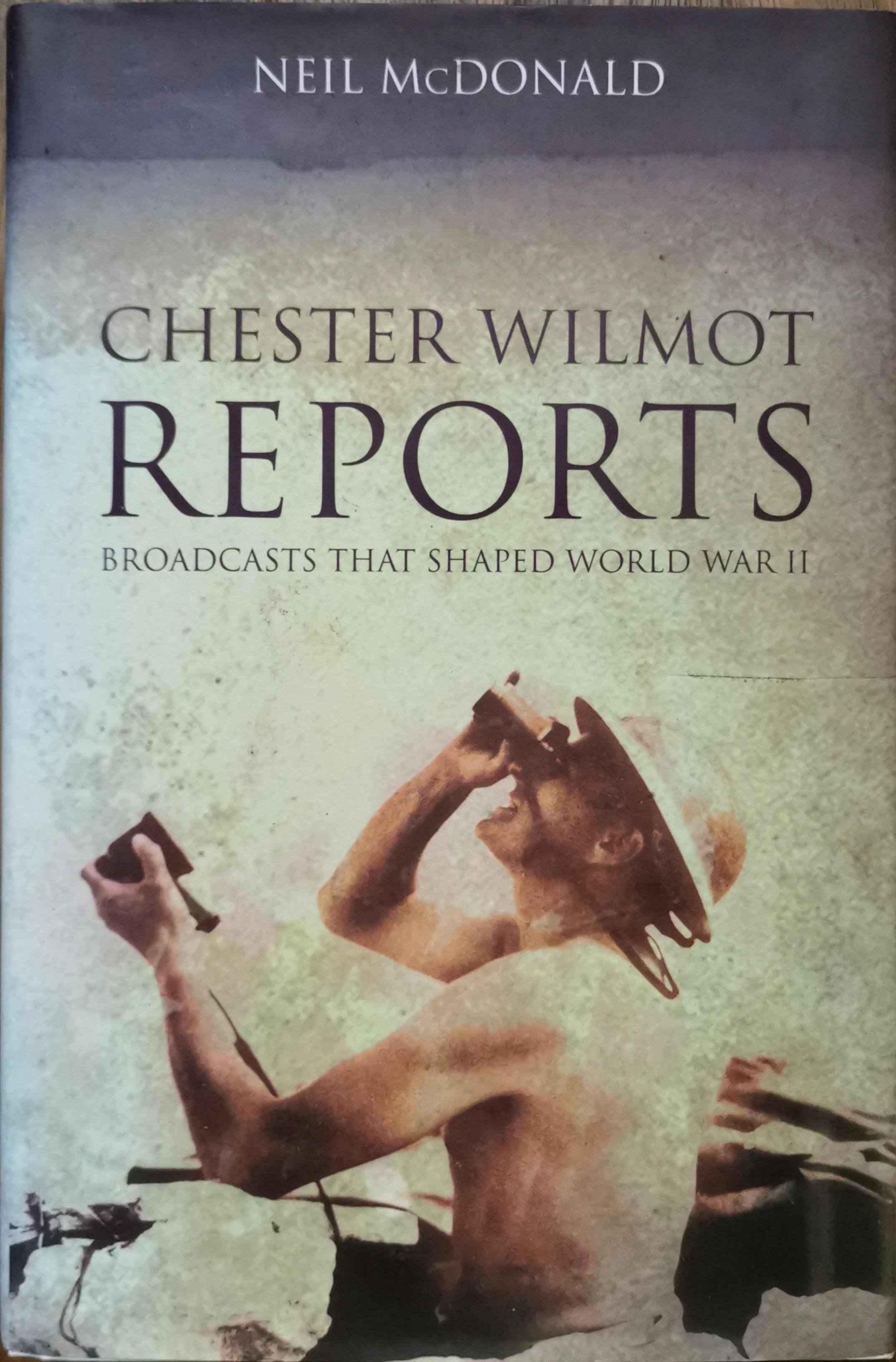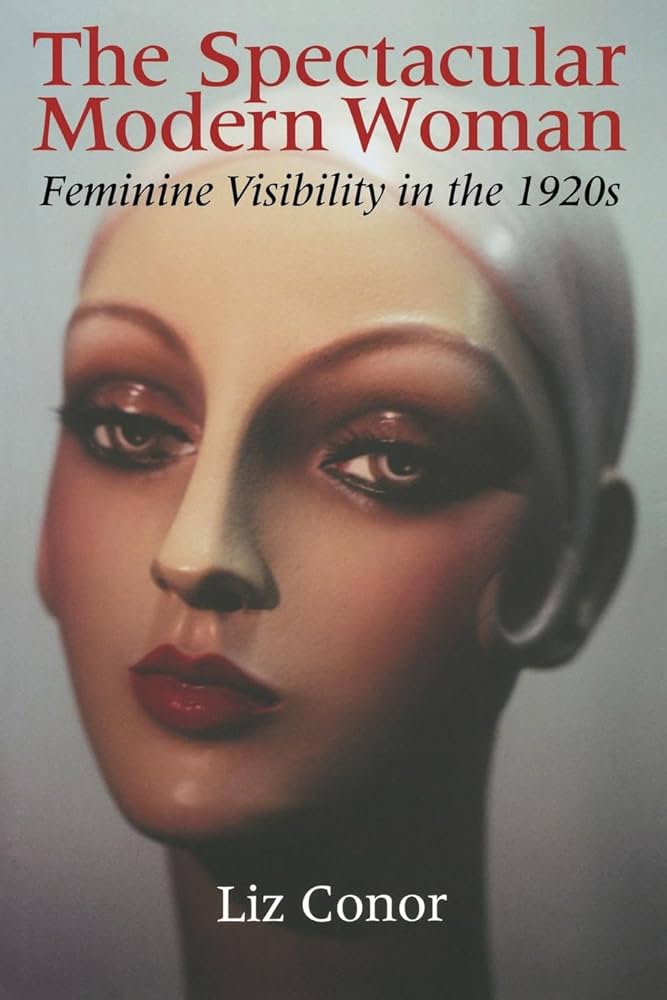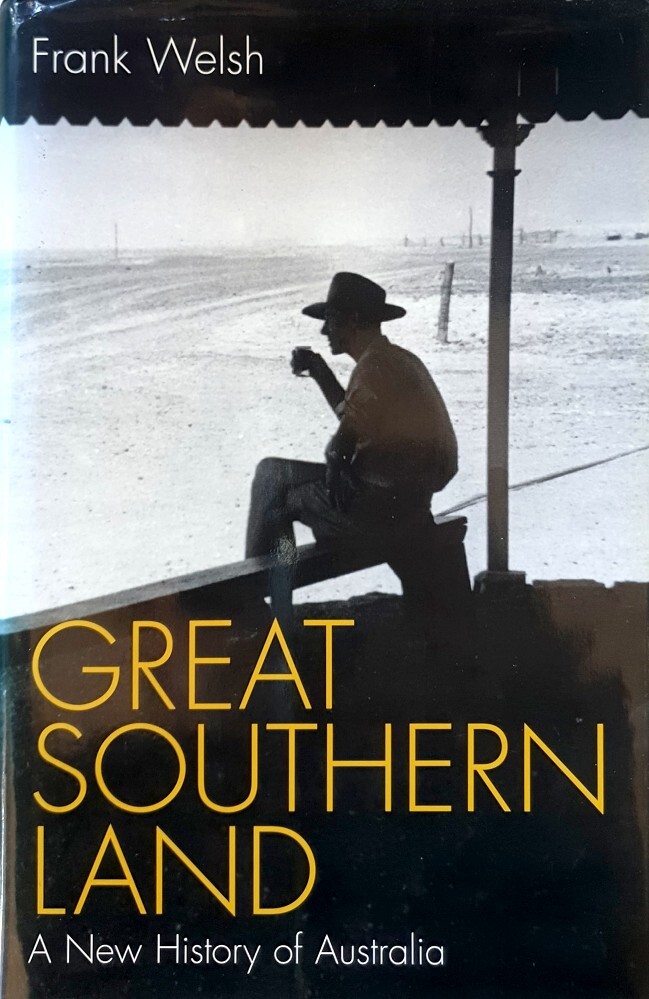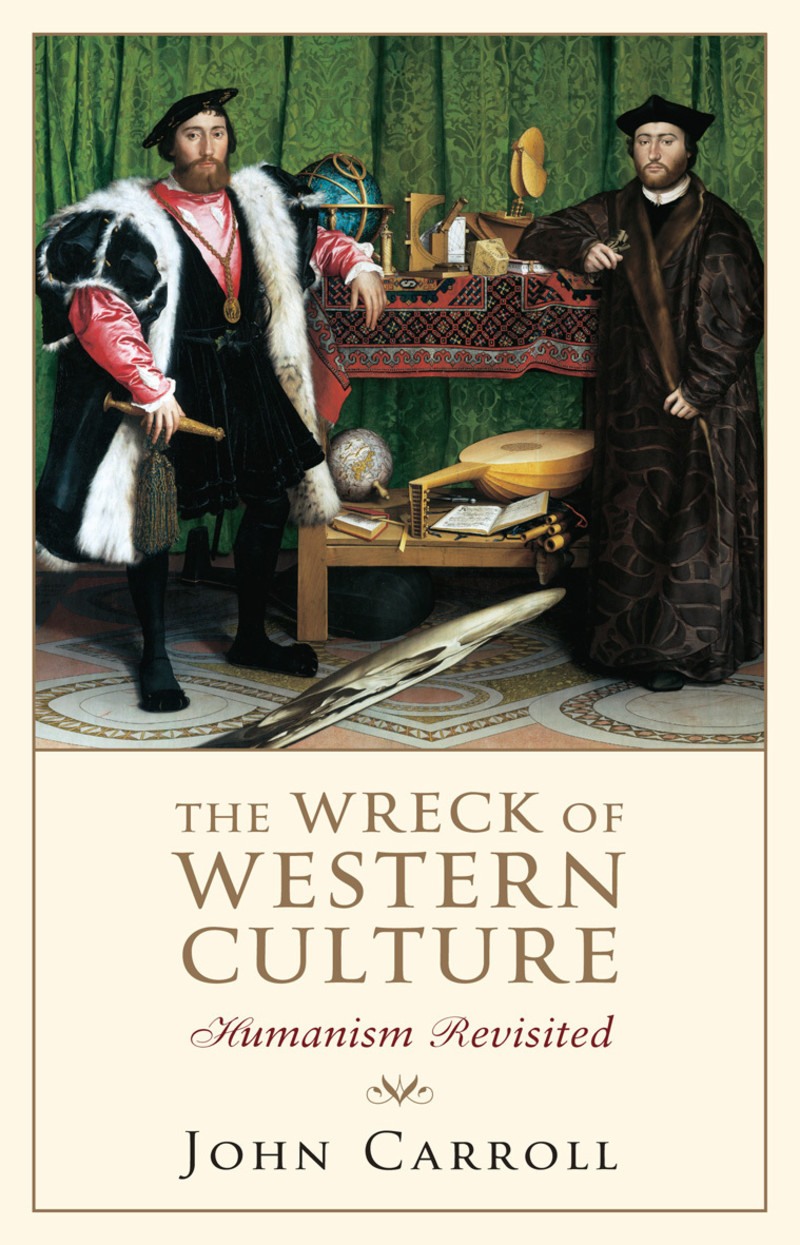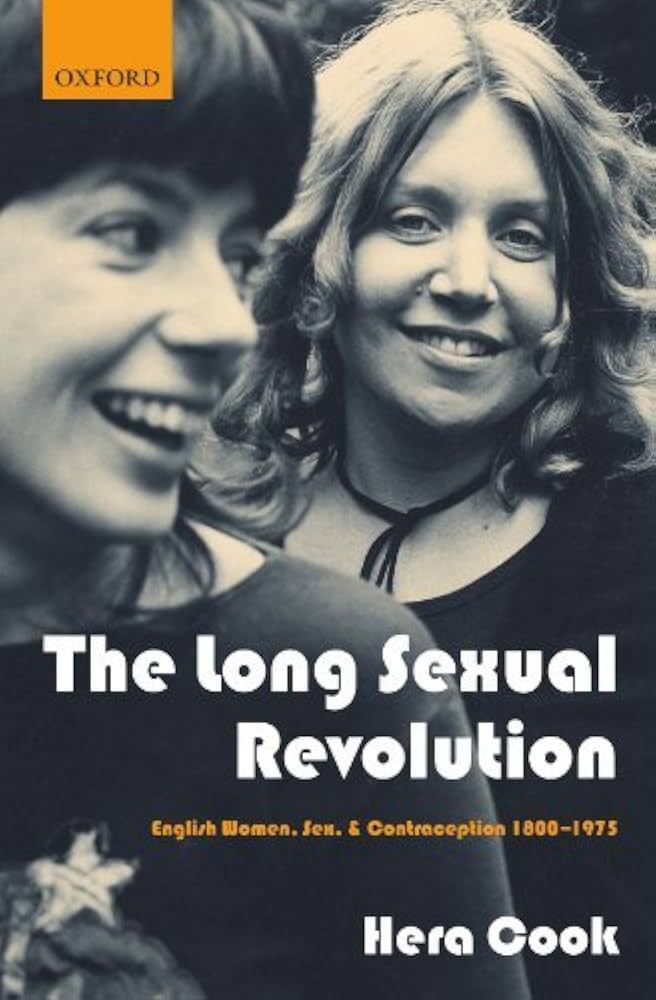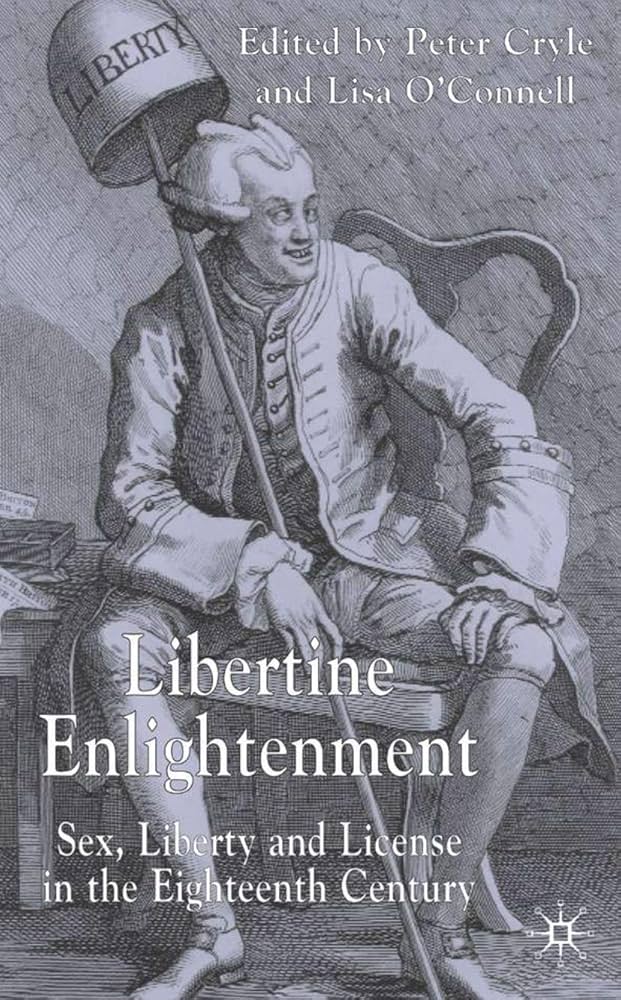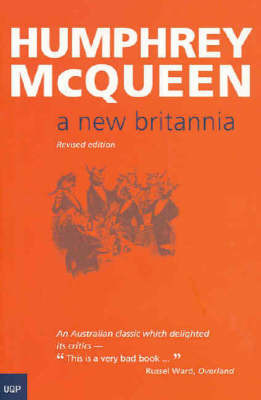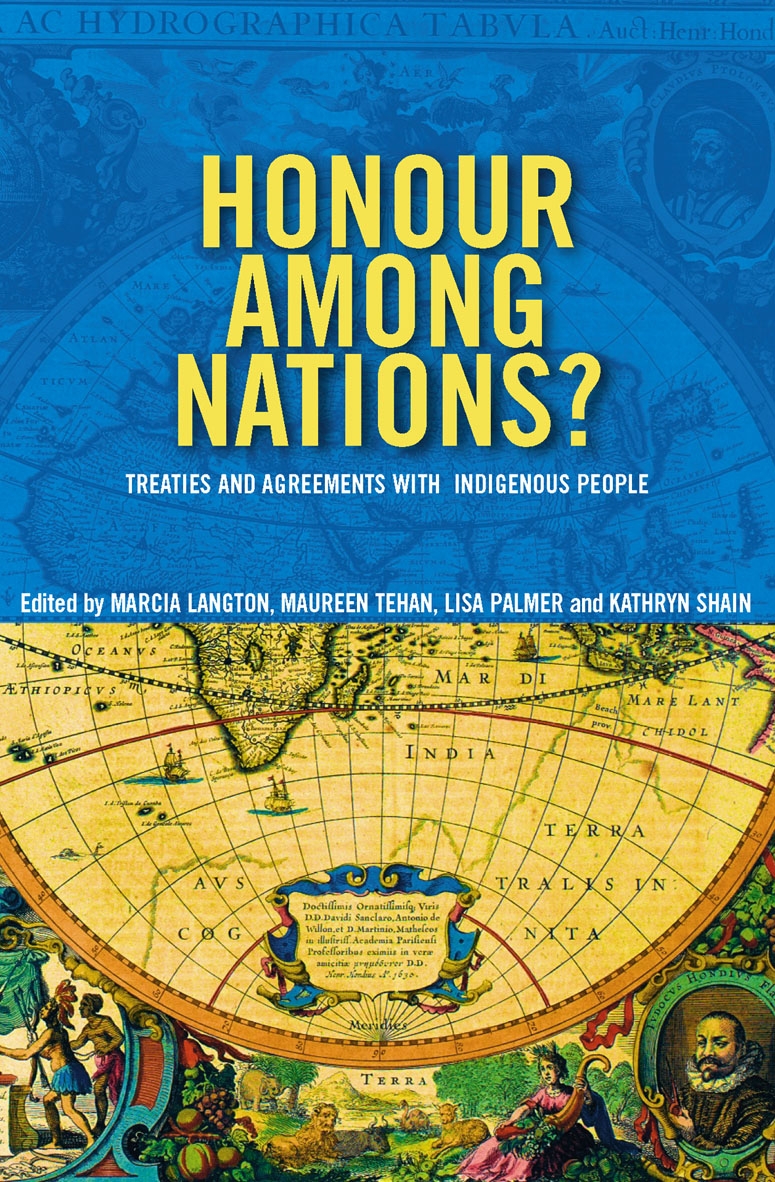History
Going The Whiteman’s Way: Kinship And Marriage Among Australian Aborigines by David McKnight
David McKnight made the first of many field trips to Mornington Island in 1966, when the old people could still remember how it was before the white men came. The Lardil largely escaped the violence that accompanied white intrusion, and had kept possession of their land, although in time they were made to share it with survivors from the region. A mission, established in 1914, had preserved them from further predation, but at a cost: hunter-gatherers were rounded up and made to live cheek-by-jowl in a ‘supercamp’ close by the mission, and their children were taken to be raised and educated by the missionaries, with only casual contact with their parents.
... (read more)Chester Wilmot Reports: Broadcasts that shaped World War II by Neil McDonald
Chester Wilmot was killed when the Comet airliner he was flying to London crashed near Rome on 10 January 1954. The ABC and BBC radio journalist had survived six dangerous years as a war correspondent in World War II only to fall victim to an aircraft design fault. Wilmot’s untimely death was also a great loss for Australian history, as he had recently been commissioned to write the volume of the Australian official history on the vital North African battles of Tobruk and Alamein. His best-selling Tobruk 1941: Capture, Siege, Relief (1944) and The Struggle for Europe (1952) indicate that he would have written a history that was authoritative, incisive and enthralling. Neil McDonald suggests in this new book that Wilmot would also have had quite a bit to say about the senior wartime Australian army commander, General Thomas Blamey.
... (read more)Liz Conor’s accomplished history of the ‘modern appearing woman’ in 1920s Australia has much to recommend it. The archival work that it represents is fascinating and suggestive of a trove of female energy, sadness and invention. Hilarious and ambivalent stories emerge of Sydney ‘gals’ and Business Girls, of a New York flapper with traffic lights painted on her silk stockings, and of Amelia, an indigenous maidservant, who invented grunge without her mistress recognising style when it stepped up to her table in a red skirt, man’s striped shirt and big boots. These and other stories trace the vigour of young women’s determination to respond to the consumer possibilities of a spectacular new world of media images, electric light and postwar male uncertainties.
... (read more)Great Southern Land: A New History of Australia by Frank Welsh
Frank Welsh is ill-served by his publicists. His history of Australia, we are told, is the first to be written by a non-Australian. It is not: the American Hartley Grattan wrote probably the best of a number of earlier such works. Great Southern Land is trumpeted as drawing on sources from Britain, the US, South Africa and Canada to place Australia fully in a world context: in fact, it incorporates some material from British archives and fragments from elsewhere to illustrate Australia’s more obvious international links.
... (read more)The Wreck of Western Culture: Humanism revisited by John Carroll
His handsome and expanded edition of John Carroll’s Humanism (1993) is given added weight by an epilogue about the meaning of September 11. It can now be read alongside his recent The Western Dreaming (2001), which tried to chart a way out of the spiritual atrophy of late modernity in which, as this book argues, the unfolding of humanism from the Renaissance on has left us – with its egoistic individualism, its rationalistic blindness to limits and its rancorous hostility to the sacred.
... (read more)The Long Sexual Revolution: English women, sex and contraception 1800-1975 by Hera Cook
This is a big, bold book with an enormous scope: almost two centuries of sex, birth control and heterosexual relations. It is an ambitious project, but Hera Cook has produced an intriguing mix of broad survey and close, detailed analysis. The basic premise of The Long Sexual Revolution is that sex and reproduction were intertwined. ln many histories, sexuality and reproduction are discussed as if the two were unrelated, but Cook indicates the ways that contraception and control over reproduction were crucial to both sexual pleasure and sexual change.
... (read more)Libertine Enlightenment: Sex, liberty and licence in the eighteenth century edited by Peter Cryle and Lisa O'Connell
As Peter Cryle and Lisa O’Connell point out in their excellent introduction to this collection of conference papers, ‘The Enlightenment is usually thought of as one of the great capital-letter moments in European history.’ But was its substance confined to the great works of Voltaire, Rousseau and Kant? Central to new readings of the Enlightenment is now the notion of ‘libertinism’. Once understood as the sexually free behaviour and attitudes of élite men, this collection is based instead on a wider, richer notion of, as the editors put it, ‘the vernacular, dissident freedoms of everyday life’. It was through unconventional sexual thought and behaviours, in particular, that the Enlightenment ‘vernacularised and dispersed itself’.
... (read more)A New Britannia by Humphrey McQueen & Social Sketches of Australia by Humphrey McQueen
There must be few Australian history books that have run to a fourth edition, and it’s hard to think of any that have provoked as much discussion – and rancour – as Humphrey McQueen’s ‘New Left’ classic A New Britannia. It’s the Sergeant Pepper of Australian historiography: racy, emblematic of its time and place, and full of special effects – the impolite may call some of them recording tricks. Does it still have the capacity to shock the first-time reader, as it did me when I encountered it as an undergraduate in the 1980s? Perhaps, having been bred on so many of the legends to which McQueen laid waste, I was just very shockable. Like a lot of readers, I had never imagined Henry Lawson as a fascist.
... (read more)Honour Among Nations?: Treaties and Agreements with Indigenous People edited by Marcia Langton et al.
The word ‘honour’ is rarely heard in contemporary Australian English. It belongs to a time when the public behaviour of individuals and governments was judged by standards found in a moral code with its roots in medieval chivalry. To be ‘honourable’ was to be known for doing right. When honour was lost, disgrace followed. With the disappearance of ‘honour’ from our public language, perhaps we have also lost the possibility of disgrace.
... (read more)The Europeans in Australia: Volume Two: Democracy by Alan Atkinson
Manning Clark rescued Australian history from blandness and predictability by making Australia a cockpit in which the great faiths of Europe continued their battle, with results that were distinctive. He concentrated on the great characters who were bearers of one of the faiths: Protestantism, Catholicism, or the Enlightenment.
... (read more)
